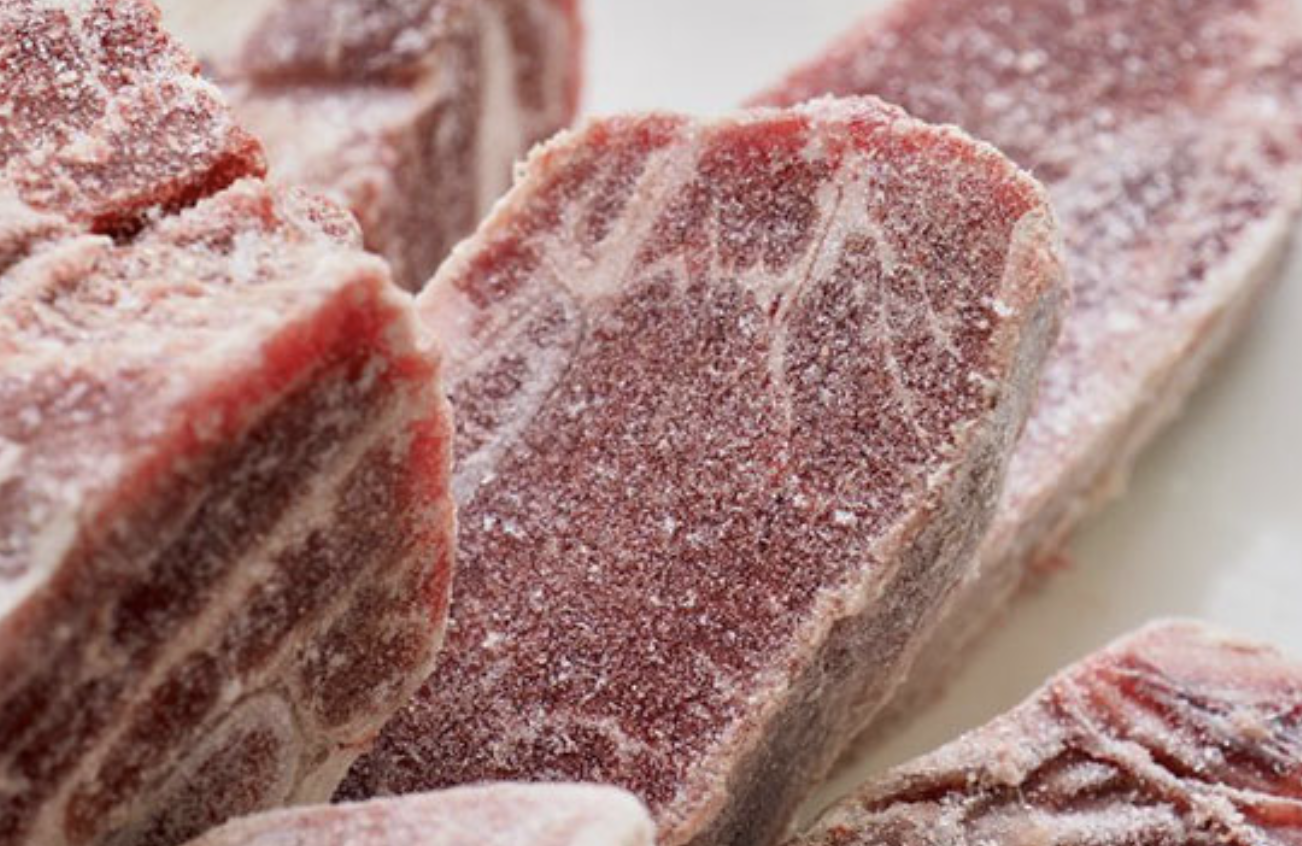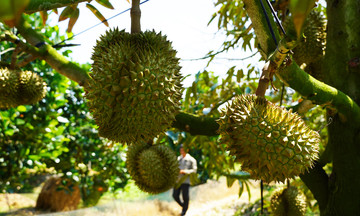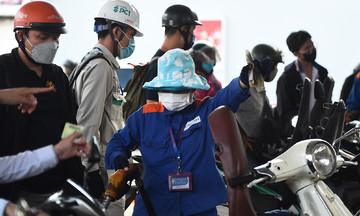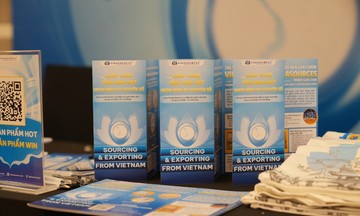According to a new report from the Ministry of Agriculture and Rural Development, Vietnam spent nearly 2.6 billion USD on livestock product imports in the first seven months of the year, a nearly 23% increase compared to the same period in 2024. In July alone, the import value was estimated at nearly 400 million USD.
Within the import structure, dairy and dairy products saw the most significant increase, reaching over 860 million USD, while meat and offal imports reached over 1 billion USD. The main driver of this growth is the increasing domestic demand, especially as domestic livestock feed prices fluctuate significantly, pushing domestic meat prices to less competitive levels.
Observations in Ho Chi Minh City show that imported meat, commonly from Europe, Brazil, Canada, and Australia, is significantly cheaper than domestic meat. Some frozen meats are sold at only 40-60% of the price of domestic meat.
 |
Meat imports to Vietnam increase sharply. Photo: *thitnhapkhau* |
For example, imported boneless pork belly is currently selling for about 90,000-120,000 dong per kg, while the equivalent domestic product exceeds 160,000 dong. Other cuts like pork leg and shoulder meat are priced at only 80,000-85,000 dong per kg, 30-40% lower than domestic meat. Some products like pork knuckle are just over 65,000 dong per kg, pork heart 40,000 dong, and bones are between 40,000-50,000 dong per kg, leading many families to choose imported goods as a cost-effective solution.
This price difference increases the consumption of imported meat but also puts significant pressure on domestic livestock farmers. According to the Southeastern Livestock Association, domestic production costs are high due to reliance on imported feed and small-scale farming. Meanwhile, increasing market openness makes it easier for imported goods to reach Vietnamese consumers.
In this context, the livestock industry must adapt by increasing productivity, improving processes, and diversifying products. However, experts also emphasize that to ensure a truly fair competitive environment, controlling the quality of imported meat is essential, especially with the ongoing presence of African swine fever. The risk of low-quality meat entering the market is considerable without strict supervision.
Thi Ha












